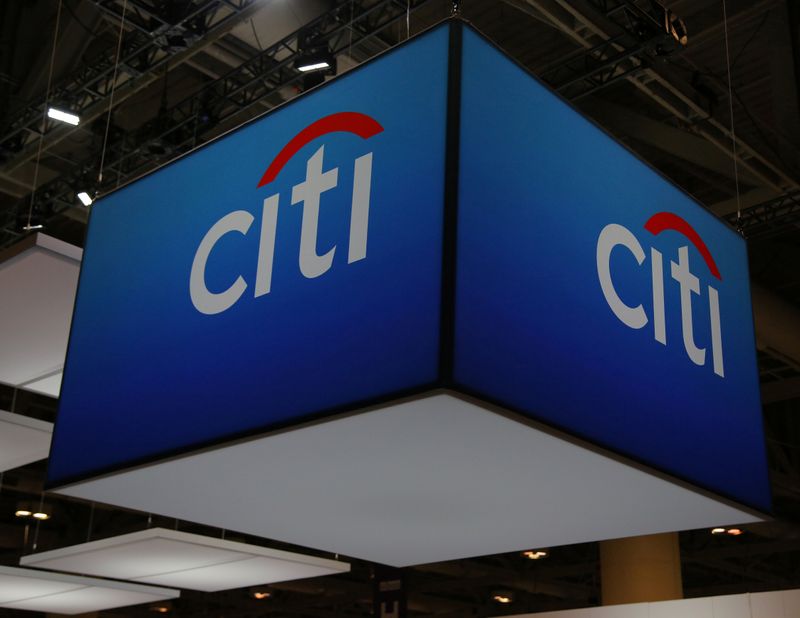By Byron Kaye
SYDNEY (Reuters) - An Australian investigator who helped bring criminal cartel charges against Citigroup Inc (N:C) and Deutsche Bank AG (DE:DBKGn) said he first heard concerns about a stock issue they worked on from a rival regulator, but the agencies acted independently.
The disclosure on Tuesday in a pre-trial court hearing relates to a central part of the defense against the country's biggest white collar criminal case: the investment banks want to show the evidence used to charge them was tainted by outside influences and departure from due process.
The banks, their client Australia and New Zealand Banking Group (AX:ANZ) and several current and former executives are charged with colluding during a 2015 stock issue for ANZ to withold unsold shares and keep the stock from falling. A third investment bank which worked on the share sale, JPMorgan Chase & Co (N:JPM), cooperated with authorities in exchange for immunity.
In a second day of testimony, Australian Competition and Consumer Commission (ACCC) enforcement director Michael Taylor said corporate regulator the Australian Securities and Investments Commission (ASIC) was first to tell him about concerns to do with the capital raising.
"The investment banks may not have been entirely truthful with ANZ bank, I recall that coming up," Taylor told a packed Sydney courtroom, referring to conversations with ASIC.
"I became aware that there was some suggestion that bids for shares had been placed by the investment banks to fill the book," Taylor added.
The ASIC investigation focused on suspected insider trading and suspected failure to fulfill obligations for the investment banks to act in clients' best interests, while ACCC pursued inquiries into suspected antitrust breaches, and the two were "quite separate", he said.
More than a year and a half since the charges were brought, the matter is yet to go to trial and none of the accused has entered a formal plea, but all have said they will plead not guilty.
The case is being closely watched by investment bankers around the world because it could have implications about the way they are allowed to run share sales. If found guilty, the banks face hefty fines while their staff and former staff face prison time.
JPMorgan's local head of compliance, Oliver Bainbridge, meanwhile told the court he began making internal inquiries about the capital raising less than a week after it took place after being instructed to by a regional compliance boss.
"We listened to some audio recordings in the days after the capital raising," said Bainbridge.
Bainbridge did not elaborate on the recordings. He told the court he gave a witness statement after lengthy sessions at the ACCC offices in Sydney, but said he was not involved in discussions between his employer and the regulator about cooperating in exchange for immunity.

The hearing continues on Wednesday.